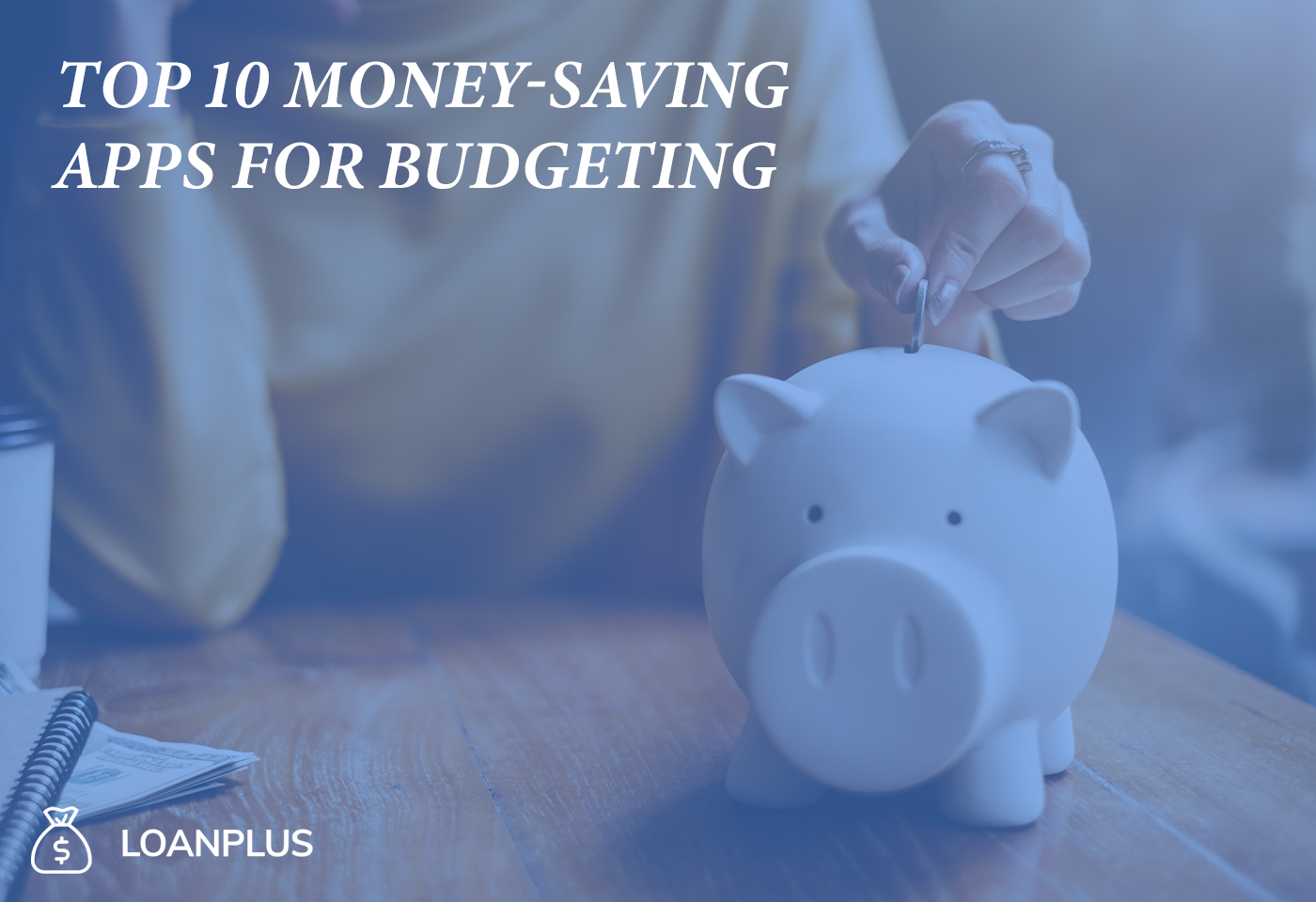.jpg)
Budgeting and financial stability are two interwoven notions, as if you want to make better financial decisions, and save more money; you need to do budgeting. In simple words, budgeting is creating a plan to spend your money and most importantly, sticking with it. Thus, maintaining a balance between your income and outcome.
We have gathered the 10 best budgeting apps that will help you keep your finances on track.
1. Mint
Best overall
“Experience a fresh way to manage money.”
Mint is a popular free budgeting app that gets together all your financial accounts (retirement and investment accounts, credit cards, etc.). What’s more, with Mint, you will have in-app access to your TransUnion credit score and will be able to set bill payment reminders to avoid late payments.
Overall, with all its calculator tools (home affordability calculator, loan repayment calculator), in-app financial topics, the app is a good option for budgeters who want to develop healthy spending habits. After all, it’s the choice of more than 25 million users.
2. You Need a Budget (YNAB)
“Gain Total Control of Your Money”
Best for budgeters
Unlike Mint, YNAB is a paid app offering a 34-day free trial and a satisfaction (money-back) guarantee. The price of the annual subscription plan is $84, or $11.99 per month. Once you purchase the subscription, you can collect all your financial data in one place: combine accounts, appropriate funds for your savings account, and customize spending categories. You will also have access to workshops on financial themes, get budgeting tips, etc.
The core of the YMAB budgeting principles is planning every dollar you owe: save it, pay a bill, add it to a separate category, etc. This app is more of a traditional approach to budgeting.
3. Pocket Guard
“Always know what’s in your pocket.”
Best for overspenders
PocketGuard is again a paid budgeting app that offers a free trial, and if satisfied, the cost is $4.99 per month and $34.99 per year. In addition, the app provides tools that make it easy for you to keep track of expenses and even increase your savings.
Along with the advantages of the digitalization of cash, there are also some drawbacks. For example, it can lead to overdrafts or late fees.
4. Personal Capital
“Invest with logic. Plan with heart.”
Best for investors
Though the Personal Capital prices are higher (0.49% — 0.89% management fee for the minimum investment of $100000), the app still occupies a leading position among the best financial apps. It offers a complete investment advising solution, combining a robo-advisor with a human advisor. Furthermore, those who invest $200000 or more get assigned, financial advisors. Free, robust services are also available on the app.
Personal Capital is the best app for building wealth. The app doesn’t have tools to set budget goals or add transactions manually, but you can sync your accounts to see all your incomes and expenses every month.
5. Zeta
“Master money as a team.”
Best for couples
Zeta is a free budgeting app that will help couples manage their finances, whether shared or not. The company offers Money Manager and Joint Cards free; however, paid services may also be provided later.
Joint Cards allow couples to have the same account with two cards. It is best for keeping track of their spending together. The app allows you to add data for a joint view of your finances manually, set bill payment reminders, create and manage the budget, as well as boost your financial knowledge with articles on Zeta’s Money Date Mag.

6. GoodBudget
“Budget with a why spend, save, and give toward what’s important in life.”
Best for shared envelope-budgeters
Whether you are looking for a free or paid budgeting app, GoodBudget is here for you. The difference between free and paid versions is only in the expanded functions, and you can take avail of the app’s primary functions for free (you can’t sync to bank accounts). The price for the GoodBudget plus is $6 per month or $70 per year. The app employs envelope budgeting (dividing your income into various categories like bills, groceries, savings, gas, etc.) to manage your spending. Be informed that you can budget up to 10 envelopes for free. This envelope budgeting will help you track your expenditures and remaining balances—the app works for both solo budgeters and couples.
7. Digit
“Take the worry out of your money.”
Best for investors
Digit is a paid financial app that offers a 30-day free trial. Although, at first glance, it may seem unreasonable to pay for a budgeting app, however, the trial version will prove that the cost may be worth it.
The app’s features are limited to automated saving and investing tasks. However, it offers a simple, user-friendly interface to reach your investment goals. In addition, Digit has an overdraft protection feature.
8. Stash
“Fast-track your financial future.”
Best for beginner investors
Stash is a financial app that simplifies banking, investing, and saving. The primary purpose of Stash is to make investing accessible for beginners. With Stash, everybody can invest in the stock market starting from $1, depending on the type of account.
9. Wally
“Get insights on your spending, set goals, and increase your savings.”
Best for budgeters
Wally offers easy-to-use budgeting features and graphics to have a complete view of your finances since 2014.
Wally is also a good option for those outside the United States as it is supported in many foreign countries. This free app will help you manage your expenses and incomes and know your remaining budget.
10. Honeydue
“Outsmart Money, Together.”
Best for Couples
Honeydue is a free app designed especially for couples to help them coordinate payments and utilize their funds properly. The app incorporates the partner’s expenses and joint transactions. The team can give names to the expenses like utilities, rent, etc. The app also has a combined calendar that embraces bill payment reminders so that the couple will be notified about the upcoming payment dates.
